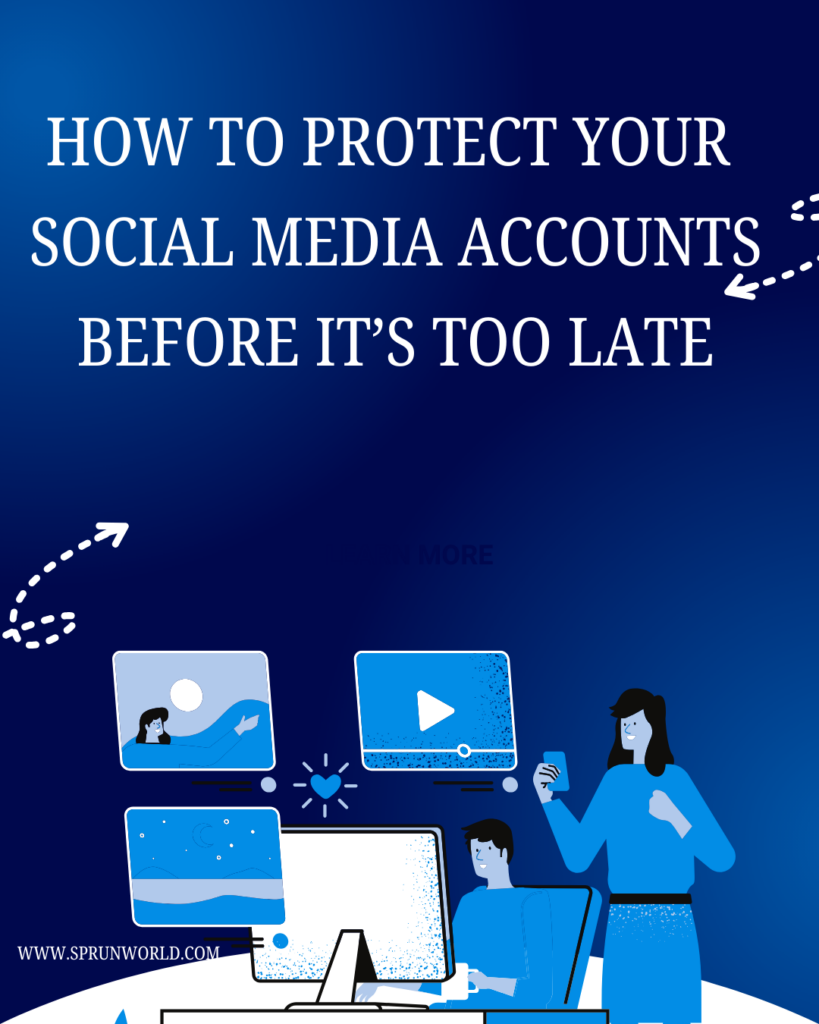Keeping your phone secure and private requires controlling app permissions. By refusing specific permissions, you can restrict the quantity of personal information that is made public. The following are six permissions for apps that you might want to block to protect your data.

Tracking Locations
Apps have the ability to follow your movements and gather information about your whereabouts when they seek access to your location. It is possible to sell this data to outside parties or use it for targeted advertising. While navigation apps may find location services useful, numerous other apps frequently do not need them. Use location permissions only for apps that really need them to protect your privacy. See the things your iPhone may be doing to track you for additional information.
SEE ALSO: 7 Hidden Recording Apps and How to Uninstall Them
Using a Microphone
There are serious privacy concerns because apps that have microphone access may be able to listen in on your discussions. Many apps do not require this permission, but some, such as call apps or voice assistants, do. To preserve your privacy, choose carefully which apps have access to your microphone and check your settings frequently. Google provides a useful permissions change guide with comprehensive instructions on how to modify the permissions of your app.
Access to Cameras
Giving apps permission to utilize your camera can result in misuse and illegal access. There are significant privacy dangers when using rogue programs that can take videos or images without your permission. Examining which apps actually need camera access is essential. For example, a calculator app most certainly does not require this permission, but social media apps might. Use this thorough guide to handle Android app permissions more effectively.
SEE ALSO: The Four Steps You Must Take Before Removing an App
Access to Call and SMS Logs
Having access to call and SMS logs can provide private details about your communication habits. This data could be sold to advertisers or used fraudulently by malicious programs. Do not grant this kind of access to apps that are really necessary, like default messaging apps, in order to preserve your privacy. Check your app’s permissions frequently to make ensure that your call and text data is safe.
Sharing Contacts
Apps can gather data about both your professional and personal networks when they gain access to your contacts. Without your permission, this information may be shared or exploited. Only give trusted apps—like messaging apps where it’s necessary for operation—access to your contacts. Before giving an app this permission, think about whether it really requires it. The app permissions study sheds light on the consequences of providing this kind of information.
SEE ALSO: 10 Apple CarPlay Tips That Every Driver Should Know
Background Information Gathering
Even when you’re not actively using them, a lot of apps gather data in the background. Unwanted data sharing and excessive data usage may result from this. If necessary, check the permissions settings and turn off background data collection to stop apps from gathering information without your knowledge. This helps save data consumption and battery life in addition to protecting your privacy. You can read this technical paper to learn more about the technical components of app permissions and privacy.







